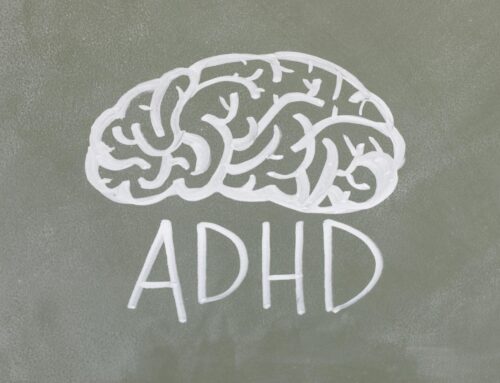During my freshman year of college, I developed a friendship with a guy who lived down the hall from me. We were both student athletes on the lacrosse team, so we spent a lot of time together. We were also from neighboring towns, so I guess you could say we forged a bond over that. I remember being amazed at his dedication to lacrosse. He would regularly stay after practice to run laps, spend an extra hour in the weight room, and always seemed so darn scrupulous about his diet. While most of my lacrosse teammates became fatigued as the season progressed, his work ethic seemingly intensified. I remember the day he suddenly declared he was a vegetarian and began confining his meal selections to the cafeteria salad bar. At post-game celebratory meals, he would refuse any fatty or dessert-type foods. On road trips to away games, he would regularly decline to order food claiming he had “just ate.” Toward the end of the season, skipping meals became a regular thing for him. As the end of our freshman year neared, it was clear this was more than a case of an overly dedicated athlete. Years later I would learn he had an eating disorder. A significant one. All of us, coaches and teammates alike, missed the signs.
Fortunately, my friend was able to get the help he needed, but his story illustrates the subtle and gradual way an eating disorder can grip someone’s life. At its peak, an eating disorder is hard to miss. The first signs, in contrast, can creep up slowly and surreptitiously. The individual afflicted, much less their loved ones, is often completely unaware of the emerging problem. In their book “Help Your Teen Beat an Eating Disorder,” Drs. James Lock and Daniel Le Grande outline the most common early signs of an adolescent eating disorder. Below I break down the signs into three categories: 1.) excessive focus on dieting, 2.) picky eating, and 3.) compensatory behaviors. It is important to remind yourself that almost all the signs listed below are not specific to an eating disorder and can mean many different things. I strongly advise parents to consult a professional before making any definitive conclusions about their teens’ eating behaviors.
Unusual Focus on Dieting or Healthy Eating
In the early stages of an eating disorder, teens may develop a preoccupation with a new diet. They may suddenly have a calorie tracking or diet app on their phone. They may announce, out of nowhere, they are now vegan or vegetarian. Perhaps you notice they start to carefully read the nutrition facts on food labels. While none of these alone should be cause for concern, an emerging pattern in which your teen excessively scrutinizes what they put in their body should raise eyebrows.
Picky Eating
A central feature of most (but not all) eating disorders is a distorted image of oneself and a never-good-enough quest to be thin. This often leads to a profound restriction of food intake. When an eating disorder first begins to take hold, however, it often appears as mere picky eating. Your teen, who was never quite picky as a young child, now begins to refuse certain foods (particularly foods high in fat and calories). Oftentimes this can start with a teen refusing one type of food, such as dessert, to eventually refusing more foods. Your teen may skip dinner, nonchalantly claiming, “I’m not hungry.” Maybe you begin to notice a pattern whereby your teen comes home with a full lunch bag, hardly touching any of the food inside.
Compensatory Behaviors
Finally, keep an eye out for what are referred to as “compensatory behaviors.” Such behaviors are aimed at losing weight as quickly as possible, and fall well outside the realm of healthy weight loss behaviors. Recall how my friend would run hundreds of laps after practice? This is an example of a compensatory behavior (i.e., excessive exercise). A more common and frankly scarier compensatory behavior is purging, which involves self-induced vomiting as a maladaptive way of losing weight. Watch for trips to the bathroom after eating, long showers, and frequent reports of stomach bugs. These may suggest the presence of purging.
Again, the signs listed above could mean many things and are not always suggestive of an eating disorder. However, if you’re seeing multiple signs, it may be time to have a conversation with your teenager and/or schedule an appointment with their pediatrician or a mental health professional.






